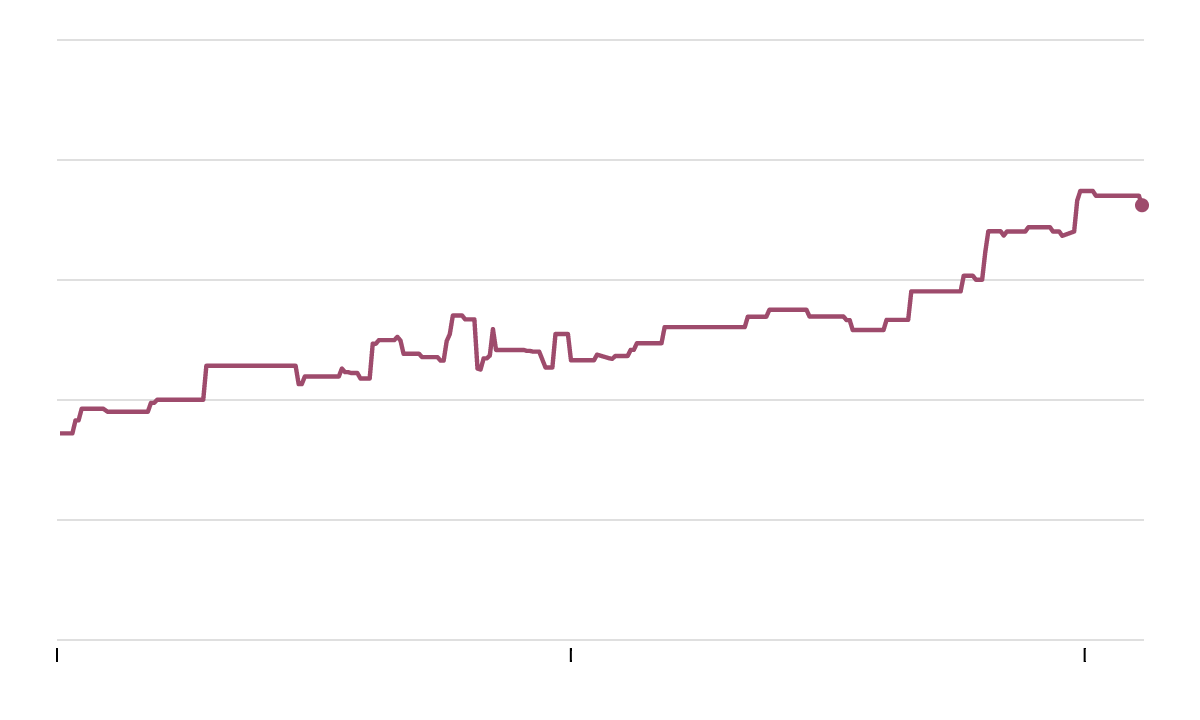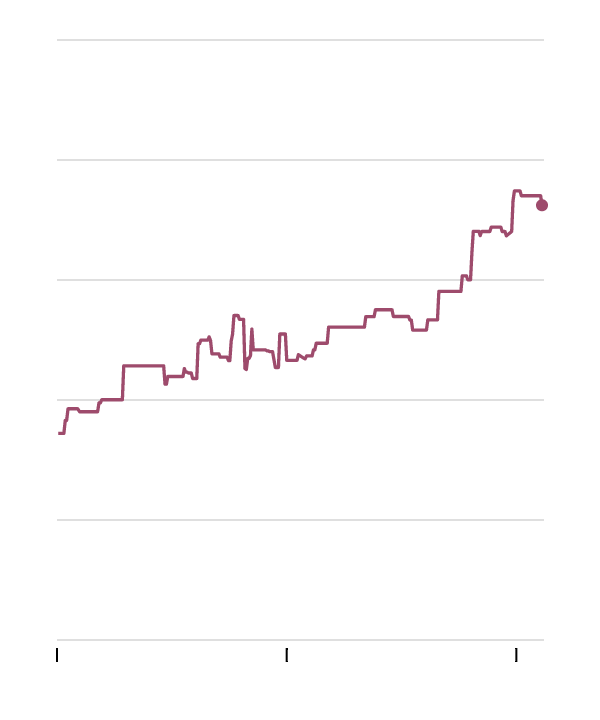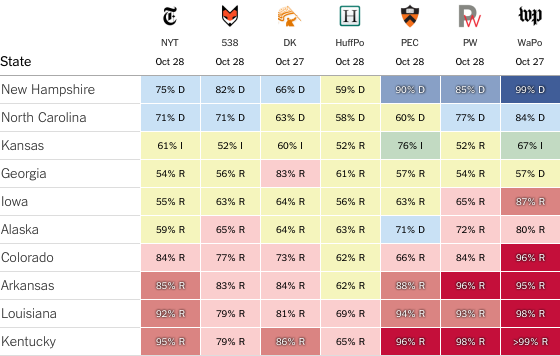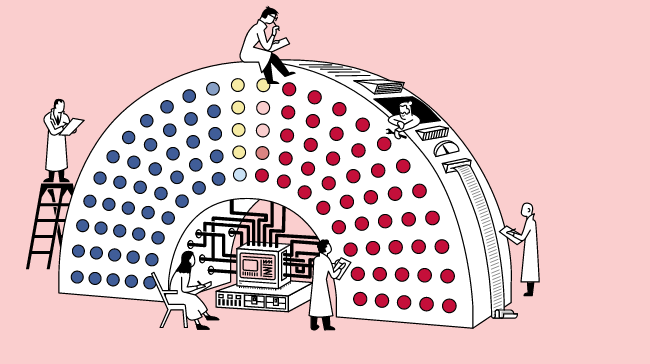Is there now a clear leader in the race for control of the Senate? I think so, but it really depends on whether you’re listening to the polls or the prediction markets.
My fellow election-watchers at The Upshot are tuned in to the polls. As new survey numbers are released, the Upshot team eagerly feeds them into our election forecasting algorithm, which we’ve affectionately named Leo, and it crunches the numbers to figure out the odds for each side.
Based on the latest data, Leo gives the Republicans a 64 percent chance to win control of the Senate. That is, while the odds slightly favor the Republicans, Leo still thinks the Democrats still have a pretty healthy chance of winning. Other models that aggregate the state-specific polling are in general agreement with Leo.
By contrast, tune in to prediction markets and you’ll see the great untold political story of this week: The odds on a Republican victory have shifted upward sharply, and it’s now extremely likely they’ll win control of the Senate.

Over at Betfair, traders are giving the Republicans an 86 percent chance of winning the Senate, up from 69 percent two weeks ago. This market is tied to whether the Republicans will win at least a 51-seat majority, and so to the extent that the Kansas independent Greg Orman might end up voting to give them a majority, it probably understates the odds by a point or two.
The Rising Probability That Republicans Will Win the Senate
Prices from the online prediction market Betfair provide a continuous assessment of the probability the Republicans will win control of the Senate.


(The Betfair odds for victory by the Democrats should be ignored, as the bet offered requires that they win without relying on the votes of the two independent senators who typically caucus with them.)
Various other online and offshore bookmakers also suggest that the Republicans’ chances are surging, with the latest odds suggesting they are now up to an 87 percent chance to take control of the senate. The Iowa electronic markets, which effectively count Orman as a Republican, currently give the Republicans an 89 percent chance to win. The only slightly more pessimistic note comes from the Irish online bookmaker Paddy Power, whose odds suggest that there’s an 80 percent chance that the Republicans will win.
What should we make of these conflicting signals? I trust Leo; it’s a reliable and sophisticated analyst of polls. Yet I’ve been convinced by the evidence that prediction markets can be even more accurate.
Although a computer model does a good job of crunching quantifiable data, prediction market traders can also take account of harder-to-quantify factors, such as debate performance, political advertising, the enthusiasm they’re seeing in their local communities and on-the-ground knowledge about get-out-the vote efforts. By this logic, the difference between prediction markets and polls suggests these difficult-to-quantify factors may be helping the Republicans.
Midterm Elections 2014

The latest news, analysis and election results for the 2014 midterm campaign.
One very real possibility is that the Republicans are just starting to open up a decisive lead, and this will start to show up in polling next week. Because our statistical models are programmed to be somewhat conservative around turning points, this lead will take some time to filter through to Leo’s bottom line. And while poll-aggregation models like Leo try to figure out the underlying average levels of support from recent polls, traders in prediction markets are free to extrapolate recent trends forward. By this view, Leo’s estimates will converge toward the prediction markets as Election Day approaches.
Or maybe Leo has it right, and the markets are just overconfident. While possible, history in fact suggests that political prediction markets tend to undervalue strong favorites. Based on the historical pattern, an 87 percent chance in prediction markets might suggest an even stronger likelihood of Republican victory, perhaps as high as the mid-90s.
Another possibility is that what we’re seeing is a prediction market bubble driving the Republican stock to levels unsupported by fundamentals. Perhaps, but with the stock set to expire Nov. 4, it’s hard to see what would keep the bubble afloat. Market manipulation is also a possibility, but with Republican support so strong across a variety of prediction markets, it sure doesn’t look like it.
This isn’t to say that I’m totally confident that the prediction markets have it right. There’s not been a lot bet on this election, and few of these markets are legally accessible to American traders. Perhaps the European trading base somehow skews the market (or more likely, Americans are betting, despite the laws.)
Whatever your views about prediction markets, I think it would be foolish to ignore them. And they suggest that the past week has been very good for Republicans — good enough that I’ve shifted my assessment of the Senate from “leaning Republican” to “very likely Republican.”



